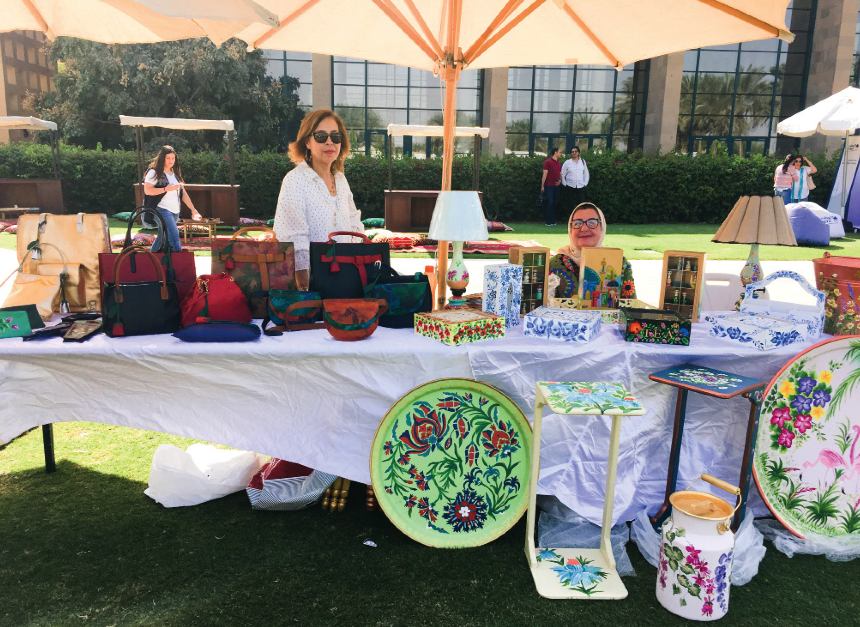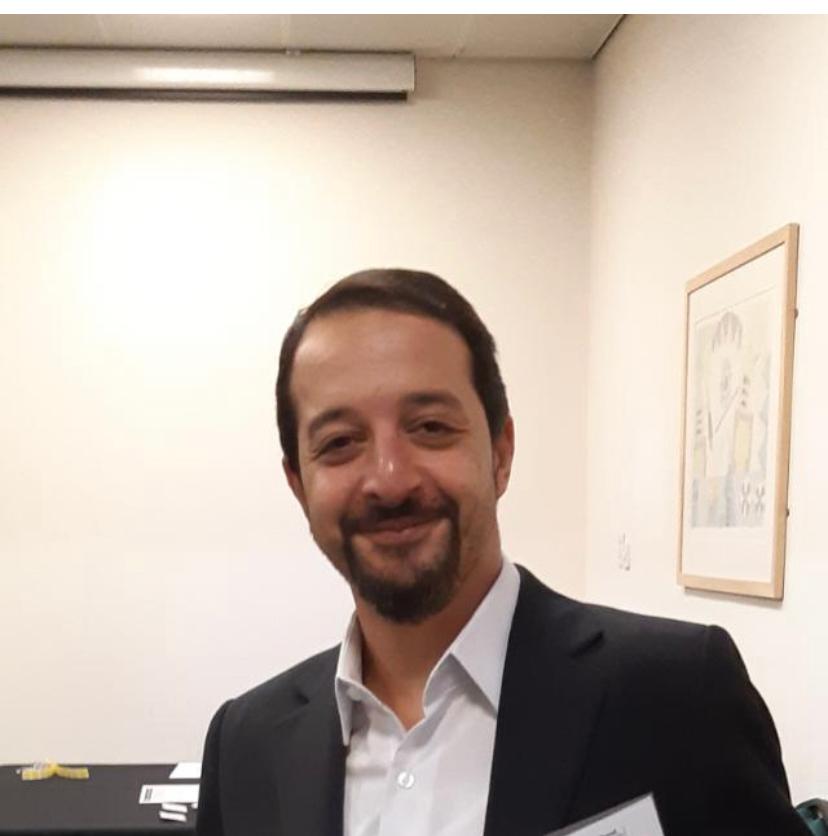AUC Going Green, But Can’t Shake Plastic Use
Reporter: Darin Hany
Editor: Salma Abouelwafa
Photographer: Vereena Bishoy
AUC is one of the top sustainable universities worldwide, according to the University of Indonesia’s GreenMetric World University Rankings, but the use of plastic in campus food outlets may weaken its position as an environmentally conscious university.
The Office of Sustainability, established in 2011 as a central AUC unit to address global environmental challenges and to invigorate sustainability in campus culture, believes that the food outlets on campus should do more to curb their reliance on plastic packaging and cutlery.
“To engage all AUC communities to be aligned on one main goal is what we try to achieve through this office because AUC has a leading role in this part towards the community,” Yasmine Mansour, the AUC Sustainability Director, says.
Plastic waste is a major contributor to pollution and has significant harmful impact on the ecosystem, the United Nations says.
It’s estimated that 75 to 199 million tonnes of plastic is currently found in the world’s oceans according to the United Nations Environment Programme (UNEP).
One of the main challenges that came with implementing a sustainable approach toward plastic consumption on campus is getting other stakeholders involved and on board with the idea. The owners of the food outlets on campus attended an Office of Sustainability session in 2021 on how to be more sustainable inside university grounds. The session offered a variety of alternatives to plastic cutlery and packaging, yet no changes have been implemented since.
“We need to add a clause in the request for [vendor] proposals to impose regulations on food outlets to use more sustainable cutlery in the main Cafeteria and elsewhere, this needs to be a collaborative effort between the AUC administration and the food vendors,” Mansour said.
The Food Services Office has also offered its undivided attention to the case of plastic cutlery on campus. However, the obstacles that were associated with this procedure were unexpected.
“Wooden cutlery is more expensive than plastic ones, and because of the current financial problems and the inflation, enforcing food vendors to stop using plastic material is not attainable now,” Sahar Kamel, Director of Food Services explained.
While being challenged to align with the university’s vision of becoming more environmentally friendly, the Food Services Office is also required to be mindful of the students on campus and their financial concerns.
“Due to the increase in the prices of food materials, we are trying hard to maintain the prices on campus affordable and lower than outside, which is a challenging mission,” Kamel said.
Previous efforts have also been made by the Student Union in 2021 to switch from plastic to wooden or biodegradable cutlery used in campus food outlets, but the process ultimately unraveled.
“In my opinion, it all goes back to a lack of consistent policy across the university’s administration regarding sustainability measures as well as a lack of enforcement,” Salma Noureldin, former general manager of Sustainability at the Student Union, stated.
The Student Union was challenged by many stakeholders when trying to change the norm of plastic use on campus.
“The process of getting the approval for the cutlery was extremely lengthy, to say the least. Even though the Office of Food Services was very cooperative, we just weren’t able to get through all the red tape before the year was over,” Noureldin explained.
The Caravan observed that in the food court most of the vendors use carton packaging. The bags are made out of paper, and the food is wrapped in paper. The only exceptions are the juice containers while the cutlery is always made of plastic.




